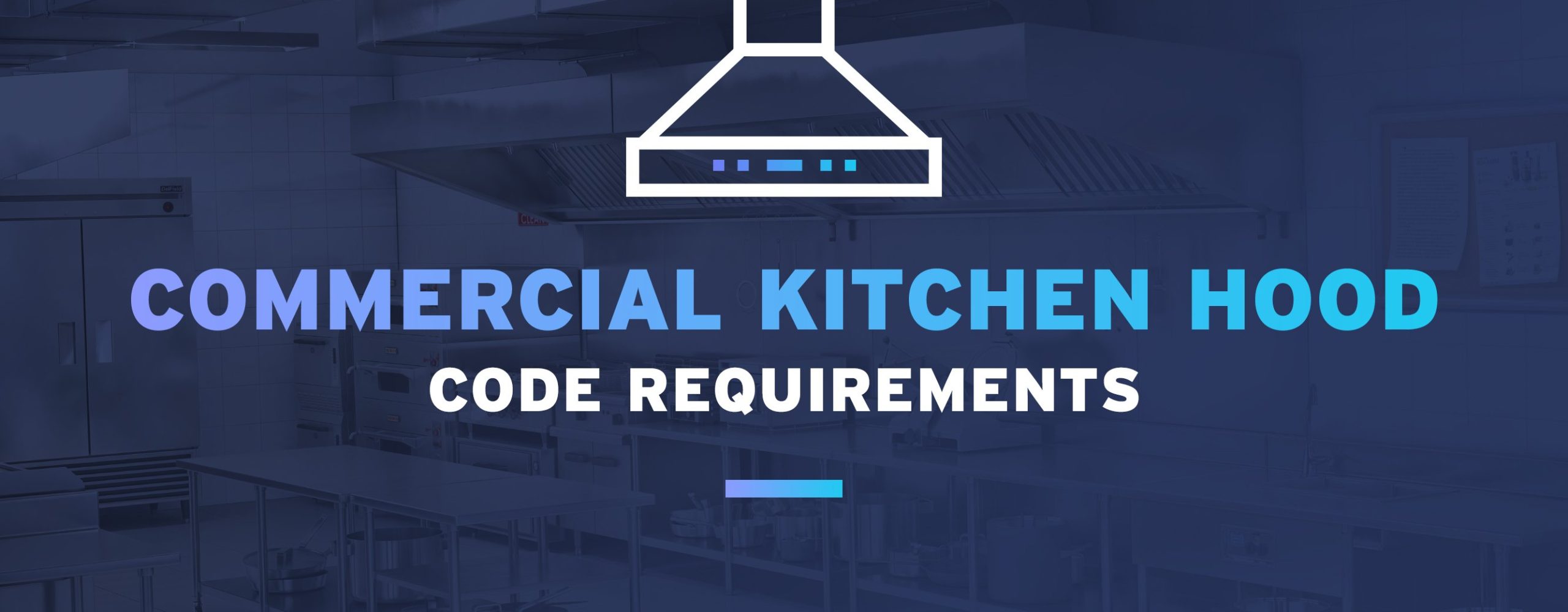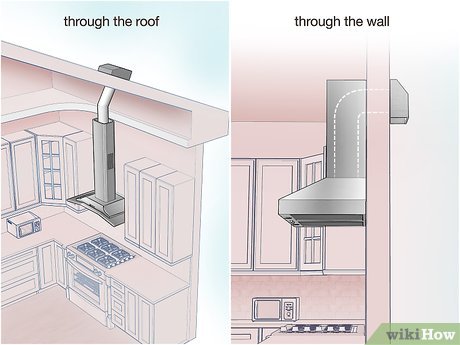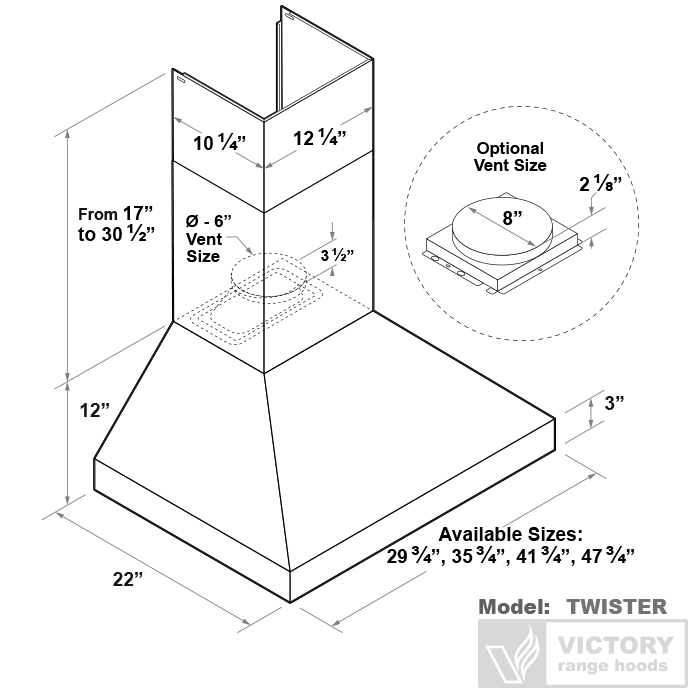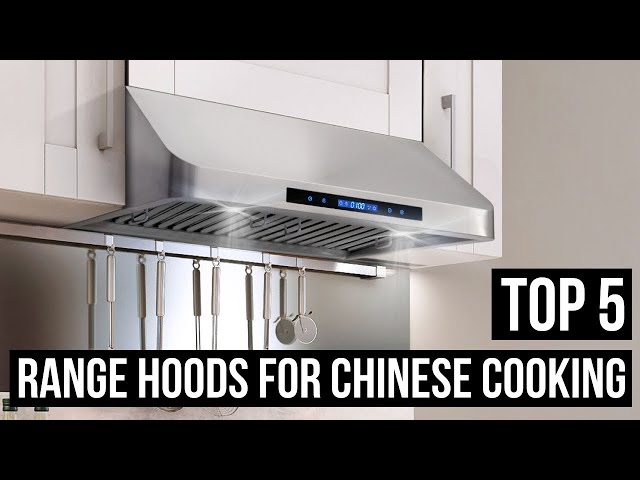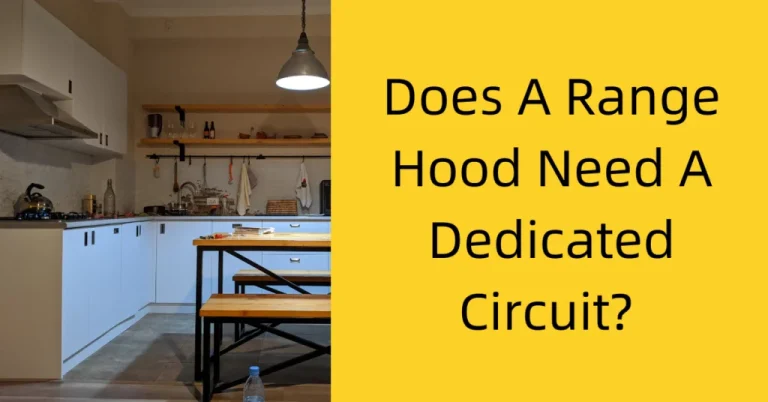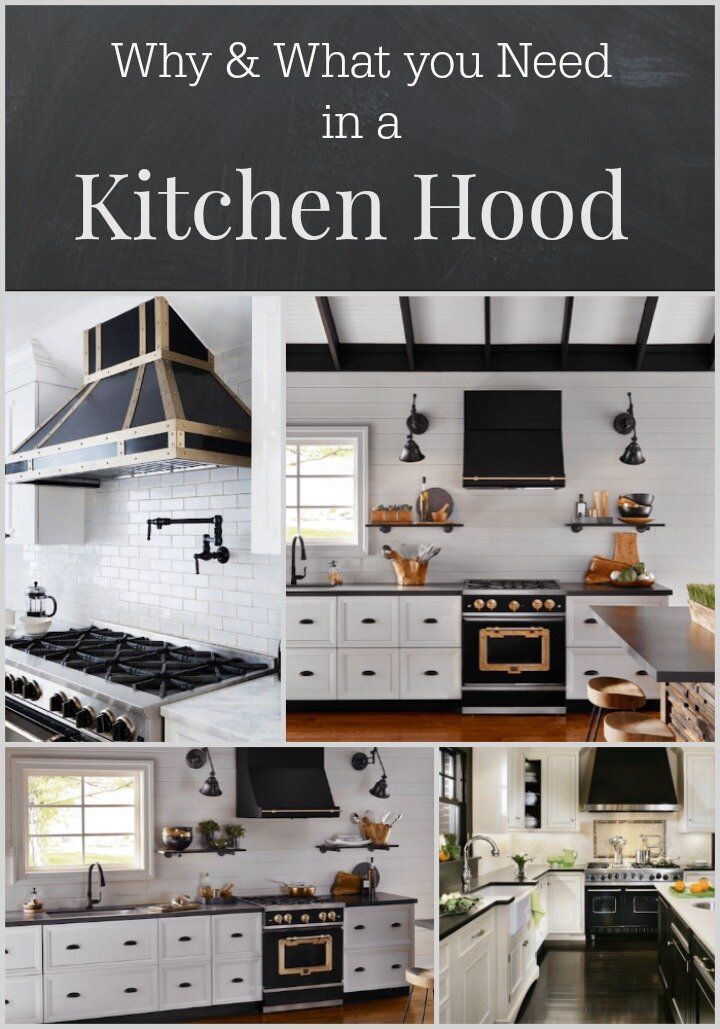A range hood is not explicitly required by code in New Jersey. Local building codes and regulations may vary.
A range hood plays an essential role in maintaining indoor air quality by removing smoke, grease, and odors from cooking. While New Jersey does not have a statewide mandate for range hoods in residential kitchens, local regulations might differ. Installing a range hood is advisable for health and safety reasons.
It helps in reducing indoor pollutants and enhances overall kitchen ventilation. Consulting local building codes or a professional contractor ensures compliance with specific requirements. Investing in a range hood improves kitchen functionality and contributes to a healthier living environment. This essential appliance offers both practical and health benefits for homeowners.
Building Code Basics
A building code is a set of rules. These rules ensure safety and health. They apply to the design, construction, and maintenance of buildings. Builders and contractors must follow these rules. They help prevent accidents and damage.
Building codes protect people. They ensure buildings are safe and strong. Codes reduce the risk of fire and structural failure. They also help in keeping the air quality good inside buildings. Following building codes saves lives and reduces injuries.
Range Hood Requirements
Range hoods help remove smoke, grease, and odors. They make kitchens cleaner and safer. Building codes often require them for safety and health reasons. It’s important to install them correctly. They must vent to the outside.
New Jersey has specific rules for range hoods. Homes with gas stoves must have vented range hoods. They need to vent to the outside. Electric stoves do not always need vented hoods. It’s best to check local rules.
Types Of Range Hoods
Ducted range hoods remove air outside the house. They are more effective at removing smoke and odors. Ductless range hoods filter air and recirculate it. They are easier to install and cost less. Both types have pros and cons. Choose based on your needs and kitchen layout.
| Model | Type | Features |
|---|---|---|
| Broan-NuTone 413004 | Ductless | Charcoal filter, under-cabinet |
| Cosmo QS75 | Ducted | Stainless steel, LED lights |
| KitchenAid KXU2836YSS | Ducted | 36-inch, powerful motor |
| Air King AD1306 | Ductless | 2-speed motor, easy to install |

Credit: prolinerangehoods.com
Installation Guidelines
New Jersey building codes require range hoods for certain kitchen installations. Compliance ensures proper ventilation and safety in homes. Always check local regulations for specific requirements.
Professional Installation
A range hood must follow local codes in New Jersey. Hiring a licensed professional ensures the job is done right. Professionals know the building codes and can help with permits. They also ensure proper ventilation to keep your kitchen safe. Using a pro can save time and reduce stress.
Diy Considerations
Installing a range hood yourself can be a challenge. Follow manufacturer instructions closely. Use the right tools and materials. Ensure proper ventilation and secure all connections. Mistakes could lead to safety issues. Consider your skill level before starting a DIY project.
Common Mistakes
Many homeowners mistakenly believe a range hood is optional in New Jersey. Building codes actually require proper ventilation to ensure safety. Ignoring this can lead to code violations and potential health risks.
Improper Venting
Improper venting can cause serious problems. Fumes and smoke may stay in your kitchen. This can affect your health and safety. Always make sure the vent goes outside. Never vent into an attic or crawl space. This can lead to mold and other issues. Use the right materials for venting. Metal ducts are best. Avoid using flexible or plastic ducts.
Incorrect Sizing
Getting the right size range hood is crucial. A small hood won’t catch all the smoke. A very large hood may be too powerful. Check the CFM rating. This tells you how much air the hood can move. Match the CFM with your stove size. Bigger stoves need more CFM. Small stoves need less. Measure your cooking area before you buy. This helps you get the right fit.
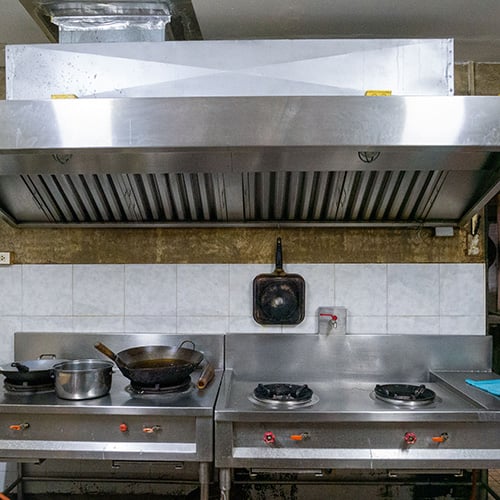
Credit: www.webstaurantstore.com
Benefits Of Range Hoods
A range hood removes smoke, odors, and grease from the kitchen. It helps keep the air clean. Clean air helps reduce allergies and asthma symptoms. Cooking fumes can be harmful. Range hoods protect your health by removing these fumes.
Range hoods prevent grease buildup on walls and cabinets. Clean walls and cabinets last longer. They also help reduce moisture in the kitchen. Less moisture means less mold. Mold can damage your home. Range hoods keep your kitchen cleaner and safer.

Credit: www.facebook.com
Frequently Asked Questions
Is A Range Hood Required By New Jersey Code?
Yes, New Jersey code requires a range hood for proper ventilation. It helps remove cooking fumes, smoke, and grease, ensuring safety.
What Are The Benefits Of A Range Hood?
A range hood removes cooking odors, smoke, and airborne grease. It improves indoor air quality and keeps your kitchen cleaner.
Does New Jersey Require Ducted Range Hoods?
New Jersey code typically requires ducted range hoods. Ducted hoods vent to the outside, providing better ventilation than ductless options.
Can I Install A Range Hood Myself?
Yes, you can install a range hood yourself. However, it’s recommended to hire a professional for proper installation and code compliance.
Conclusion
Understanding New Jersey’s range hood requirements ensures your kitchen is safe and code-compliant. Always check local regulations before making changes. Prioritize both safety and compliance in your home. Consulting a professional can help you navigate these rules. Stay informed to keep your kitchen up to standard and efficient.
